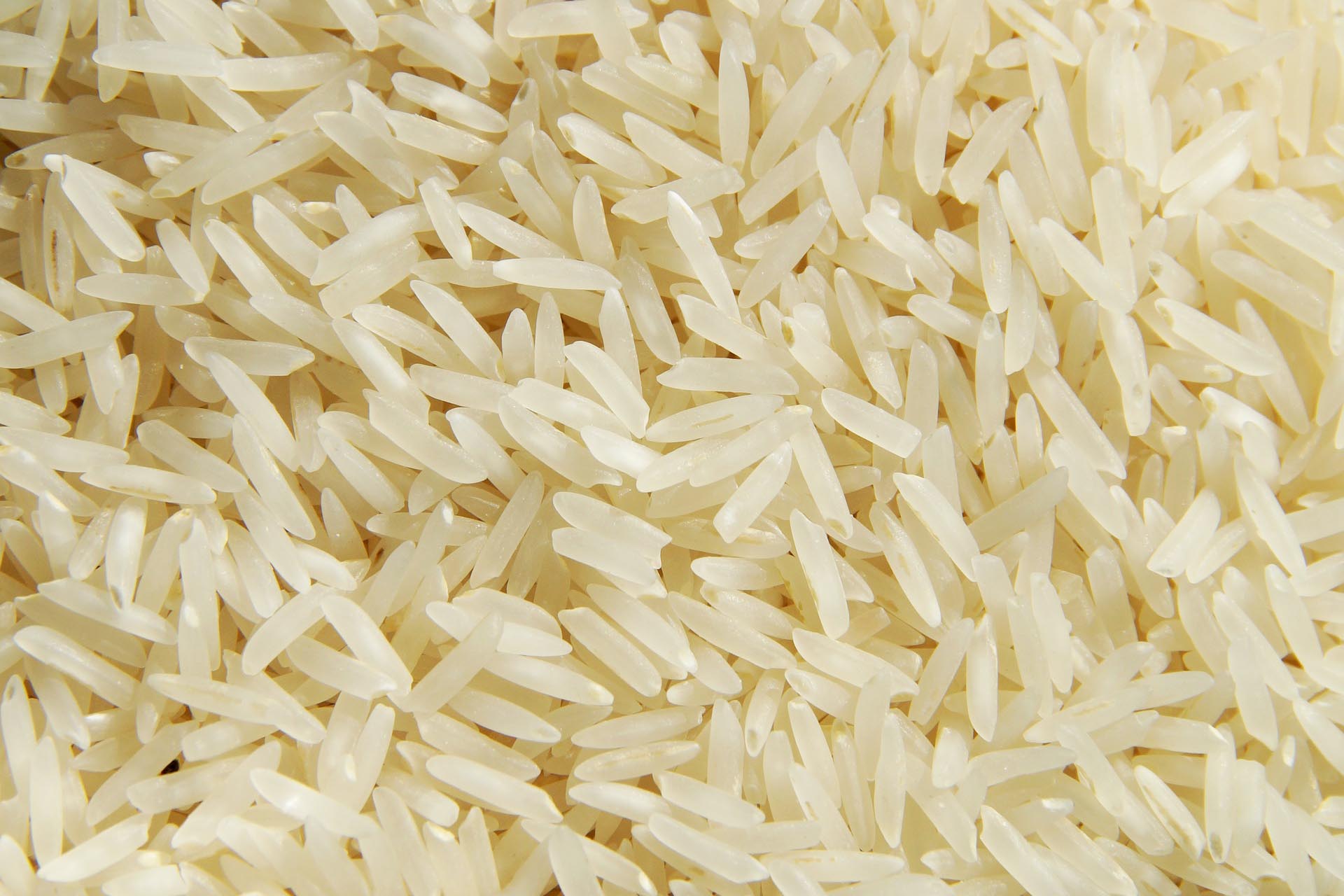Home > Lifestyle > Food For Thought > The Alternative Product Labeling Battle
The Alternative Product Labeling Battle

New culinary innovations are changing our supermarket shelves on what seems like a daily basis. There’s an overwhelming number of food choices available, not only in terms of brands but also when it comes to what our favorite products are actually made of. Milk no longer has to come from an animal. Burgers don’t always contain animal meat. And foods like cauliflower and carrots can be turned into rice.
Some producers, however, believe that labeling alternative products as their traditional counterparts is misleading for consumers. Major industries are fighting to ban the use of terms like “milk” or “meat” on plant-based products, arguing that these products are mislabeled imitations that confuse consumers.
But to what degree do these labels affect consumer trends? Do Americans really feel confused by them? And who has the authority to define what words like “milk” and “meat” really mean? These questions are coming to the forefront of the battle over food labeling on all kinds of popular alternative products such as nut milks, meats and riced vegetables.
Alternative Milks

There are more players in the milk business than ever before. Milks made from soy, almonds, oats, rice, hemp, quinoa, coconut and more are giving traditional cow’s milk some serious competition. But some argue that these milks shouldn’t be considered “milk” at all. After all, you can’t milk an almond and quinoa doesn’t lactate.
In the U.S., alternative milk sales have increased by 61% in the past five years. At the same time, dairy milk sales have dropped by 15% since 2012. The dairy industry is fighting this trend, arguing that the inaccurate labeling of plant-based “milks,” “cheeses” and “yogurts” is partly to blame. Many believe that using these words misleads buyers because they do not offer the same nutritional profile as dairy varieties.
The Plant Based Foods Association, on the other hand, argues that labeling on plant-based milks is clear for consumers. They point out that while labels use terms like “milk” or “cheese” to represent a product’s form and taste, labels also use plenty of terms like “dairy-free,” “plant-based” or “vegan” to set themselves apart. And those interested in nutrition information can find it on the label.
Vegetarian “Meat”

To protect meat producers, some state governments have already started regulating the use of the term “meat” on food labels. In 2018, Missouri passed a law that prohibited the word “meat” on any product that didn’t come from an animal. The law specifically defines meat as “derived from harvested production livestock or poultry.”
The United States Cattleman’s Association (USCA) is petitioning for similar regulation on the federal level. According to USCA, “The labels of ‘beef’ or ‘meat’ should inform consumers that the product is derived naturally from animals as opposed to alternative proteins such as plants and insects or artificially grown in a laboratory.”
Riced Veggies
The Arkansas state legislature passed a measure banning the marketing of “cauliflower rice” as “rice.” As the leading U.S. state in rice production, Arkansas adopted the legislation to defend rice producers in a growing market of alternative vegetable-based rice imitations. Companies selling vegetable “rice” in Arkansas must change the name of their product to “riced vegetables” or other acceptable alternatives.
Others, however, believe that changing the names of products like cauliflower rice is unnecessary, expensive and unconstitutional. Considered by some as a violation of the First Amendment’s free speech clause, the issue raises the question of who, if anyone, has the right to define or prohibit the use of common words like “milk,” “meat” or “rice.”
While it’s still unclear whether or not the FDA will set federal regulations on alternative product labeling – or if this kind of regulation would even make a difference from a sales standpoint – it’s safe to say that labeling battles like these aren’t going to disappear any time soon.
Wherever you stand on the issue, one important question remains: Are buyers really confused by all the options? Or are market trends changing as consumers become increasingly interested in new products?
What’s your opinion on alternative product labeling lingo? Let us know in the comments.
Also see: Deciphering Food Labels, Cracking the Food Label Code, Does the “Sell By” Label on Food Matter?
Sources: Fooddive




